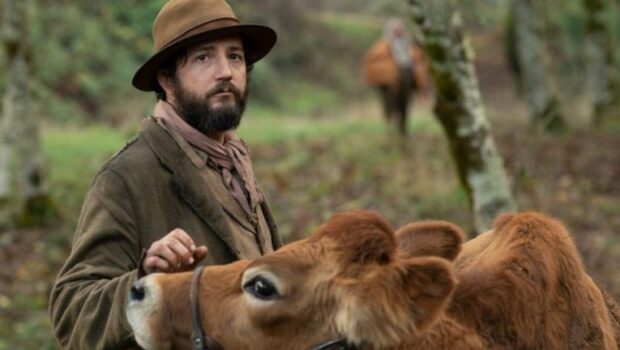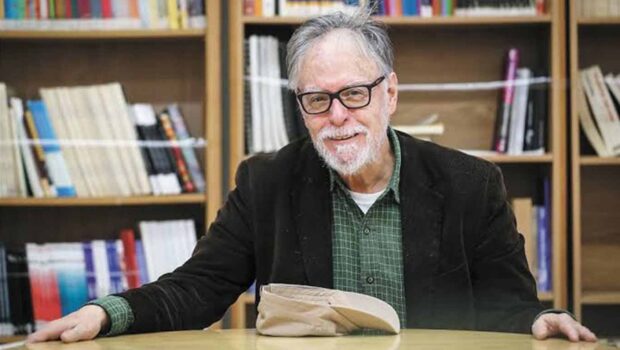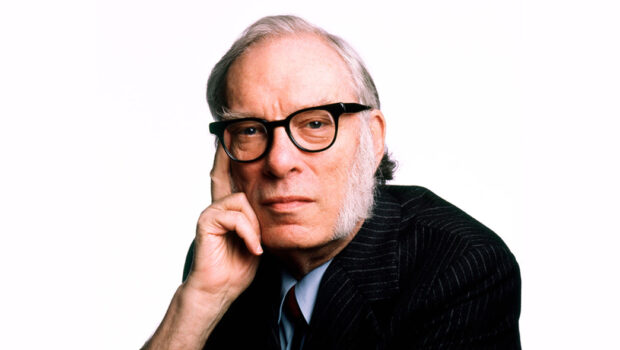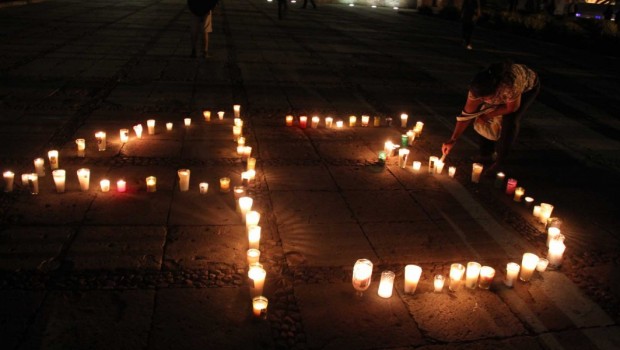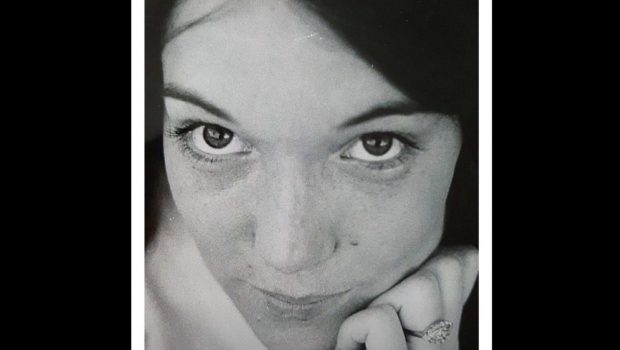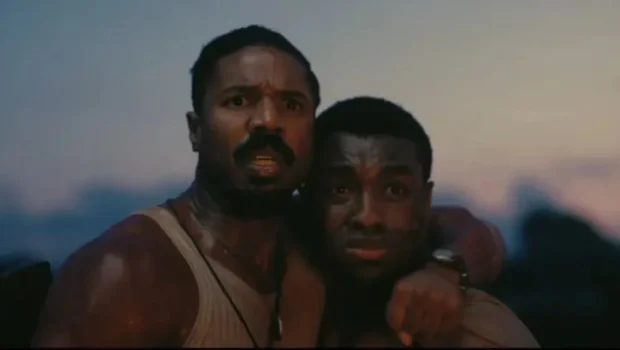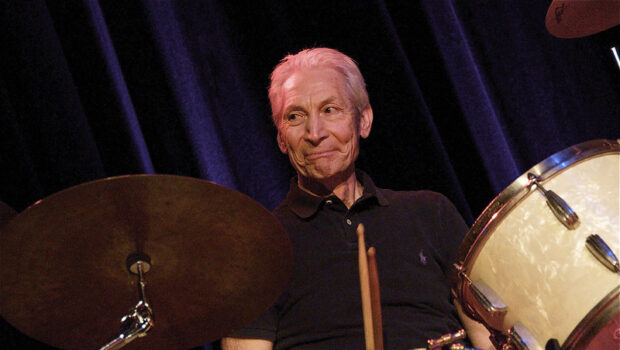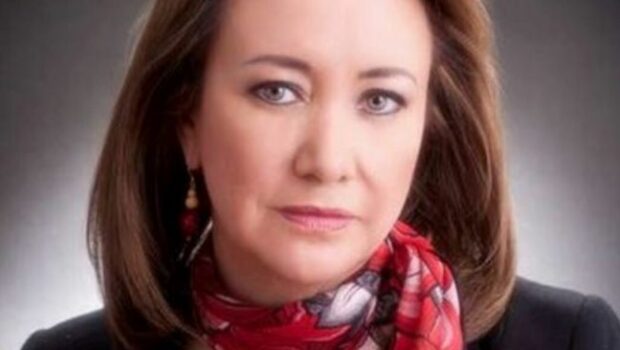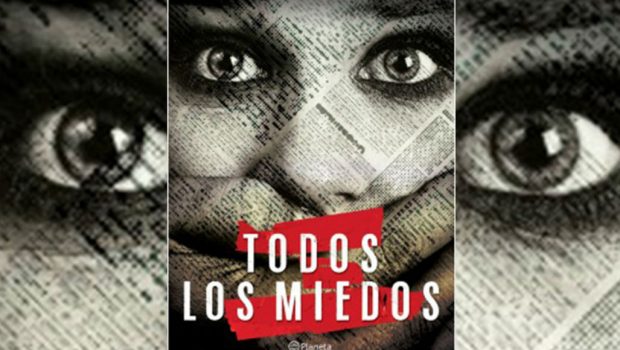The O in Cow
So Mayer
There looked at him from the darkness under the roadside
foliage, for one instant, a face.
It was not like any human face. It was as long as his arm,
and ghastly white. Breath jetted in vapour from what must be nostrils,
and terrible, unmistakable, there was an eye. A large, dark eye,
mournful, perhaps cynical? gone in the flash.
— Ursula K. Le Guin, The Dispossessed
A lot of Kelly Reichardt’s 2020 film First Cow – which has just had its UK premiere at the Glasgow Film Festival – takes place at night, shot by (barely) available light. Many of the daytime scenes take place in cabins with tarpaper windows, or amid towering ferns that blanket the forest floor. It’s a film about things that take root in, and fall back into, darkness or shadow or undergrowth, opening as it does with a walker whose dog finds two skeletons lying close together. The walker digs deeper, her hands in the dirt, after glimpsing the white ellipsis of a cranium surfacing through wet earth.
After the skeletons, mushrooms, mainly chanterelles, golden-yellow and pale cream in irregular, ovoid fan shapes, grasped carefully by a dirt-engrained hand that then wraps them in a cloth. This is all the hunt that Otis “Cookie” Figowitz brings back to the beaver trappers for whom he is working on the passage west; when the trappers reject this as a meagre dinner, Cookie heads back out into the forest, where he finds a naked man hiding in the ferns. King Lu is a Chinese entrepreneur, a traveller and hustler of international experience, fleeing a group of Russians after killing one of them. Cookie – checking the trappers have passed out drunk – hides King in his tent.
Cookie and King renew their partnership when they encounter each other at a bar in Fort Tillicum, where Cookie has received his share of the trappers’ silver, mostly spent on some books so clean that he’s mocked as a “fancy” man. Left literally holding the baby during a bar fight, Cookie the newcomer is rescued by King, who has a shack nearby. Cookie sweeps the floor, rustles up a meal. There’s wildflowers in a jar. The pioneer family of the Western is being reinscribed: queer, Jewish and Chinese.
Ferns and mushrooms: we are among the “lovely replicative baroque of ferns and invertebrates (such nice organic prophylactics against heterosexism)” that Donna Haraway observes, and the “possibility of life among the capitalist ruins,” the strange multispecies collaboration for survival that Anna Lowenhaupt Tsing describes in relation to another Cascadian mushroom, the matsutake. Things are glinting at us elliptically from the half-light: the shape of a bare back, the link between dark eyes. What does it mean to be connected?
Cookie is not the only newcomer to the Fort. He arrives the same day as another creature whose eyes he will meet in the darkness: the Chief Factor’s prize cow, unnamed in the film but profilmically called Evie. No getting away from the Euro Western story of Paradise and the Fall, nor the long resonances of patriarchy, colonialism and capitalism all bound up in the question “why buy the cow when you can get the milk for free?” Reichardt wryly rewrites it as “why should one man get his milk for free, because he can buy the cow with his profits from resource extraction and exploitation?” Like the king in the poem who wants “a little bit of butter for his bread,” an entitlement dependent on a whole chain of employment, the Chief Factor wants a little cream in his tea, served in his rigidly linear European-style townhouse that stands alone in the rough-and-tumble Fort, an hallucinatory, nauseating vision of wealth.
Bread – and butter, too, is King and Cookie’s cry. Understandably bored of hard tack and flat bread, Cookie, trained as a baker in Boston, longs for milk to make cakes, and when King points out there’s a cow just over the way – the first to arrive in the Oregon territory – the film’s shaggy cow caper begins, a satirical take on contemporary Portland’s obsessive food culture, as the stolen milk from the first cow is used to create “oily cakes” that King and Cookie sell from the equivalent of the Territory’s first food truck (a blanket with a skillet – and a cinnamon grater). Long queues form, high bids are offered, and eventually the Factor is drawn in by the fuss and his own pretensions to epicureanism, and the venture is undone by its own wild success as the entrepreneurs cannot refuse to bake for the Factor, nor to take more milk in order to earn enough to work their way down to San Francisco. Cookie and King and Evie are complicit in capitalism, in colonial settlement, in exploitation, in the introduction of an invasive species – European milk cows – that will lead to massive deforestation, destructive ammonia emissions, carbon use and fertiliser run-off.
Is this the mourning (Reichardt described them to Alissa Wilkinson as “big, sad eyes”) in Evie’s large, dark eye, outlined with an ellipsoid flash of white against her chestnut face? Even in the dark of night, her liquid gaze stuns us as it clearly stuns Cookie as he approaches her with a small bucket in hand. King is perched in a tree as look-out, watching Cookie watching Evie. The cow accepts Cookie’s milking calmly; almost as if she has not been adequately milked during the day. Cookie speaks softly to her, saying he is sorry she lost her husband (a bull) and calf on the journey up the coast. Her udders are full with and for the lost calf. The film is very careful to give Evie a face: a face that looks, a face that sees, out of the darkness. When Cookie and King bring their cake – spherical blueberries embedded irregularly in a circular clafoutis carried in a round skillet – on command to the Factor, he insists on showing off his prize cow, who turns repeatedly towards Cookie.
This is the ow in cow: not just that we are complicit, but that among the complicity there is love, of some kind. A longing for a ragged gentleness, for soft shapes and soft touches, for the complexity of giving and taking and being involved (baked in?), for temporary companionship within the rigid structures, which – in the moment of the film – even the forest and the river, and the peoples of the forest and the river, are no longer allowed to be outside. The Factor’s wealth is in beaver trapping, and he speaks arrogantly of the beaver as endless. King corrects him: when he first came to the Territory, the beaver were everywhere. They were, he says, living as densely packed as if in tenements in New York City. Before the trappers, the gaze; the metaphor, looking at the lower Columbia River and seeing a metropolis.
King tells this story in front the Factor’s wife and her family, who are Chinookan. She translates from English into Chinook Wawa, a trade tongue with elements of many First Nations languages and grammars that was spoken throughout Cascadia in the early nineteenth century, emanating from the mixed settlements of the forts. Tillikum, not incidentally, means “friend” in Chinook Wawa. Fort Tillicum is a “perhaps cynical?” undertaking, a false promise of friendship on the part of the Company (the Hudson Bay Company were the de facto government in the 1820s era of the film, before the 1846 Border Treaty).
When King flees the Factors’ men and their guns, a Chinook man helps him get back upriver in his canoe, in exchange for the silvery, domed buttons on King’s worn, fancy black velvet jacket. Twelve buttons, fourteen. Decorative cuff buttons popped off as currency in order for King to go back and retrieve the bag of silver pieces and scrip hidden in a cottonwood so he can (or so he plans) get back on the river. But the Factor’s men have torn great holes in his home, searching for it, destroying everything, and Cookie is nowhere to be seen.
This is also the ow, the constant circularity of getting money to spend money to get money to spend it to escape, a cycle that has denuded the Cascadian rainforests. Gone in the flash. But in the flash – that ellipsis of eye-to-eye-to-eye at night, the attention to a fruiting body or a sore udder, the savour of honey, the warmth of a friend’s touch when you are too tired to go on – there is this: this thing that – barely visible, elusive, strangely-shaped, repeating – calls for another way of seeing, of connecting, completing the circle, if only for one instant.
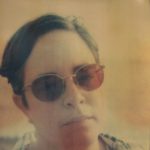 So Mayer is the author of Political Animals: The New Feminist Cinema, The Cinema of Sally Potter: A Politics of Love, and the co-editor of Catechism: Poems For Pussy Riot, The Personal Is Political: Feminism and Documentary and There She Goes: Feminist Filmmaking and Beyond. Her Twitter is @tr0ublemayer
So Mayer is the author of Political Animals: The New Feminist Cinema, The Cinema of Sally Potter: A Politics of Love, and the co-editor of Catechism: Poems For Pussy Riot, The Personal Is Political: Feminism and Documentary and There She Goes: Feminist Filmmaking and Beyond. Her Twitter is @tr0ublemayer
©Literal Publishing
Posted: April 28, 2021 at 9:26 pm


